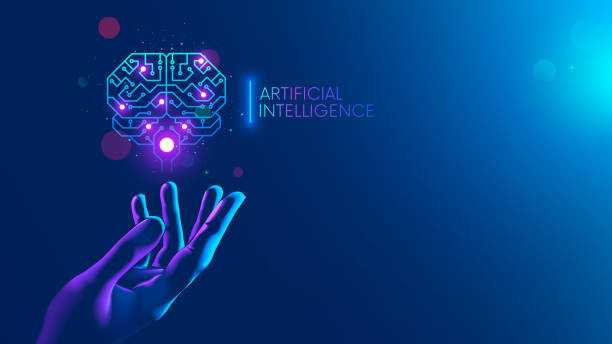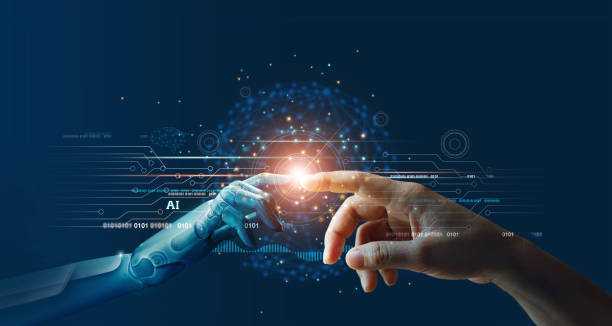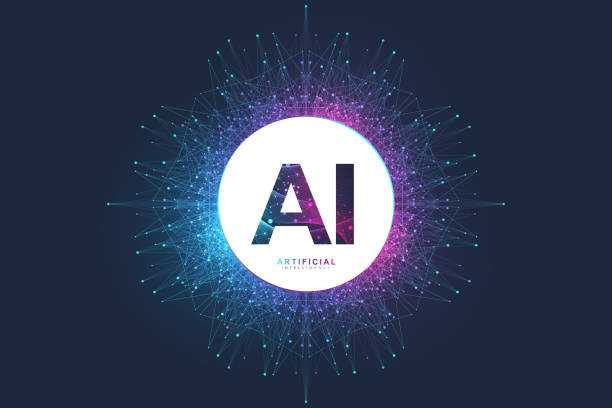Top 6 Sectors Making Use Of Artificial Intelligence

Artificial intelligence is also known as A.I, like any other technology, has progressed significantly over time.
To better understand AI, we'll look at the top 6 sectors making use of Artificial intelligence in this article.
Applications of Artificial Intelligence
Artificial intelligence and machine intelligence are terms that are used interchangeably today to describe the ability of machines to mimic the natural intelligence of humans or animals.
Although it may seem difficult to believe at first, AI now controls almost every aspect of our lives. According to research, by Statista, an estimated 4.41 billion people is expected to use social media by 2025.

Smart shopping and driving
By the end of 2021, according to Gartner research, 80 percent of emerging technologies will have an AI foundation.
While companies like Walmart and Amazon are using artificial intelligence to improve their customers' shopping experiences, militaries around the world have already launched several successful drone programs.
Consider a flying drone or a smart shopping cart that directs you to the appropriate aisle. This amazing invention is on its way to becoming a reality.
Tesla, an American electric car company, is also at the forefront of AI use. The impact of AI on self-driving cars and drones cannot be overstated.
By the end of 2021, 75% of commercial enterprise apps would have integrated AI in their usage.
AI is also expected to shorten people's commutes through self-driving cars, which will result in up to 90% fewer accidents.
Social Media
A classic example of AI is a personalized news feed and social media feed curated for the user. AI analytics allow smartphones to curate data based on the user's preferences and preferences.
Hands-free technology features such as Alexa, Bixby, Google Assistant, Siri, and are all based on AI in some way.

The future of A.I is features like app actions, splices, and adaptive battery in Android Pie, as well as Siri shortcut and Siri suggestions in iOS 12.
A.I enables even simple tasks such as taking a high-definition and realistic portrait mode photo with your branded mobile phones.
Video Game
Probably one of the first AI supporters is the video game industry. The integration started with AI very small to create random levels that could be played by people.
But it has grown to a level that goes far beyond what one can imagine. This success is welcomed as a moment of leapfrog in the A.I industry.
Dota 2 is a strategy-based game in which players have to decide every second and a huge success is to beat pro players in such a dynamic game.
Artificial intelligence in the financial sector
In the banking sector, Juniper predicts that the success rate of bot interactions will exceed 90% by 2022.
The banking and finance industry around the world relies heavily on AI for customer service, fraud prevention, and investment.
Did you know that AI powers the automated emails you receive from your banks?
In the banking industry, AI is primarily used to analyze large samples of fraudulent data and identify patterns.
.jpg)
As a result, AI plays a critical role in preventing money laundering.
Aside from that, big players in the finance industry use AI to find the best investment opportunities. This is so they can maximize their profits while minimizing their risk.
Online advertising
Another common AI application that has an impact on us on a daily basis is online advertising. Those same advertisements sneakily appear on your social media page as you scroll.
If you're curious about how you're seeing what you're looking for, Then AI is the answer.
According to Zoominfo, 47% of digitally mature businesses claim to have a defined AI strategy.
Not only that, in a Beebom article published on February 21, 2020, the global digital ad industry has surpassed $250 billion in revenue, with the industry expected to surpass $300 billion in 2019.
All of these figures show that marketing and sales departments in businesses today place a higher priority on AI and machine learning than any other department.

The digital marketing world is clearly ruled by machine learning and predictive analytics.
However, according to a study conducted by Forrester nearly 93 percent of automation technologists believe they are unprepared or only partially prepared to deal with the challenges posed by smart machine technologies.
This is one of the most significant barriers to AI adoption.
Keeping track of your medical care
AI is currently playing a significant role in assisting healthcare workers in the fight against COVID-19.
The use of robotics and artificial intelligence (AI) has made it much easier to detect and diagnose coronavirus.
Large multinational healthcare organizations are becoming increasingly reliant on AI to meet the needs of millions of people.
Even before the outbreak of the pandemic, AI had been a part of the healthcare industry.
.jpg)
However, as more people demand sanitized and contact-free treatment in hospitals, the situation is rapidly changing.
Robotic nurses have been introduced in countries such as India, Europe, China, and Singapore to care for patients.
Artificial intelligence is undoubtedly playing a significant role in preventing the spread of coronavirus.
According to a study conducted by Accenture, key clinical health AI applications when combined could save the US healthcare economy $150 billion per year by 2026.
References
Author Bio
Writer comprises full-time and freelance writers that form an integral part of the Editorial team of Hubslides working on different stages of content writing and publishing with overall goals of enriching the readers' knowledge through research and publishing of quality content.
Article Comments
No Comments!
At present there are zero comments on this article.
Why not be the first to make a comment?
Similar Articles
Sponsor
Search Articles
Experts Column
Latest Articles
Featured Articles
Most Popular Articles












